How To Know Right From Wrong
We went to Italy back in our young days knowing my husband might have an advantage in language and culture. He grew up as a missionary kid in Ecuador. I grew up a farmer’s kid in Kansas.
He flew on airplanes. I tagged along on the combine. He picked bananas from the side of the road. I shelled peas with Mom on the back porch.
But seriously who knew how much the Tower of Babel could mess up our world? I got off the plane in a foggy Bologna airport straining to hear the Italian words I knew in a steady stream of gobble-di-goosh.
I couldn’t pick out either “pizza,” or “spaghetti.” As we debarked, Phil had an out-of-the-world wide-eyed wonder on his face. Like he was besotted. I still do not like that look.
“I think I can understand them,” he breathed in awe. “Them” of course being the Italian speakers with their vowels and consonants flying in all directions.
With one little girl crying, another in the dead weight of sleep, and the third needing a bathroom (and how do you say that?) I possibly didn’t find my husband’s language giftedness as delightful as I should have. His excitement, like a little boy in a candy shop, was a thorn in my flesh which dug deeper in the days ahead.
Studying language, not for fun but for life, is like swimming in quicksand. It swallows your brain, eats up your flesh and the competition can be subtle but fierce. Even between friends. Especially between spouses.
Our days filled with going to school, trying to stay alive and take care of kids. We studied at night after they were in bed and we could barely keep our eyes open.
“Why do you say it that way?” I’d asked my husband when he corrected me. My question was tinged with a smidgen of belligerence. His Spanish background proved such a life saver yet oh so maddening.
He would shrug his shoulders and have that irritating superior look in his eye.
“It just sounds right.” Nothing can nip an ego in the bud quicker.
Like a child learning to talk, native speakers don’t need all the grammar rules, they just know when something sounds right and when it sounds wrong. The Holy Spirit within the believer speaks to us much in the same way.
Paul in his joyful letter from prison to the church in Philippi, the first church planted on European soil, overflows with thanksgiving. His thankful prayers for his brothers and sisters reflect a deep connection. Their unity, despite distance, bound them by strong cords of faith.
“And this I pray, that your love may abound still more and more in knowledge and all discernment, that you may approve the things that are excellent, that you may be sincere and without offense till the day of Christ, being filled with the fruits of righteousness which are by Jesus Christ, to the glory and praise of God.” Philippians 1:9-11 NKJV
When Jesus takes control of our hearts and lives, when He is our Master, God’s Word becomes the native language through which He speaks.
Wouldn’t it be nice to be so connected with the Spirit and in sync with God’s Word that we could discern immediately when something “just doesn’t sound right,” or “when to approve the things that are excellent?”
Christian growth, yours, and mine, is rooted in Logos, “in the beginning was the Word, Logos, and Logos became flesh.” (John 1:1)
We hear and see so much. Voices come from all over. Avalanches of information overload our brains and short circuit our emotions. We easily become experts in everything and nothing, because truth is dislodged. Our definitions are confused and defined by feelings rather than fact, causing actions to follow like a kite tail whipped by the wind. And instead of lifting us up, much of the language comes with a dissonance to tear down and bring despair.
Paul, the encourager is nudging the church to be people of knowledge and discernment, resulting in a life of integrity.
This process of growing more like Jesus, is built upon solid love, the kind demonstrated by death on a cross, not a facsimile sentimental love which is the language the world speaks.
Students of Scripture are like foreign students learning God’s language. The Bible molds moral insight and brings understanding applicable for us every day, so that we know Him more, are able to discern right from wrong and are, “filled with the fruits of righteousness which are by Jesus Christ.”
I remember well the discipline, humiliation and tears that went into learning Italian. I also remember the day when I stood with a group of Italian speakers, and not only understood the language, but I got the underlying unspoken cultural humor. A bridge was crossed. It was a monumental achievement because I not only caught what was said, I knew why.
On occasion, even after living in Italy years and years, someone might comment on how I spoke like a native. The remark always made my day. My week. Probably my whole month.
In my November list of what I’m thankful for, God’s Word stands high at the top. That He would love me so much as to bridge the language gap between a holy God and me, through His Book, moves my grateful heart to joyful thanksgiving.



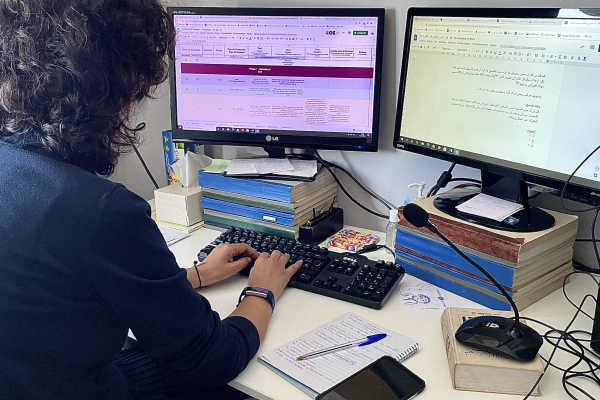
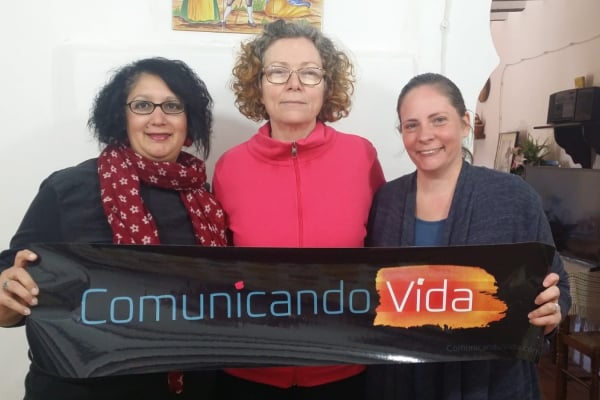
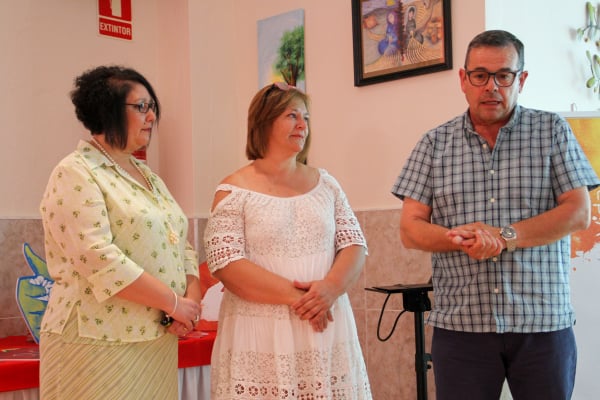

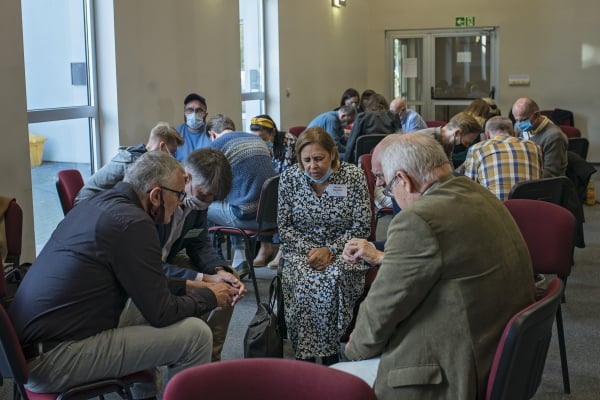


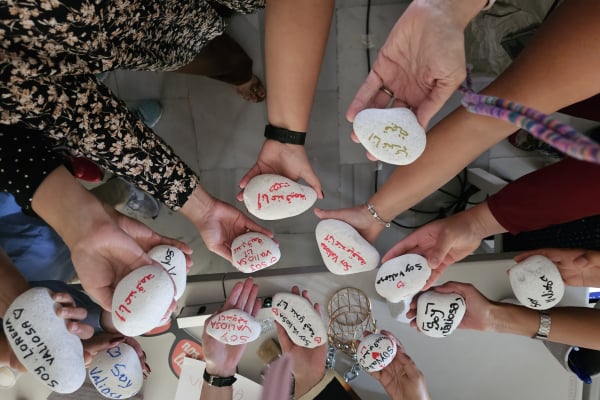
_1721198733_600x400.jpg)



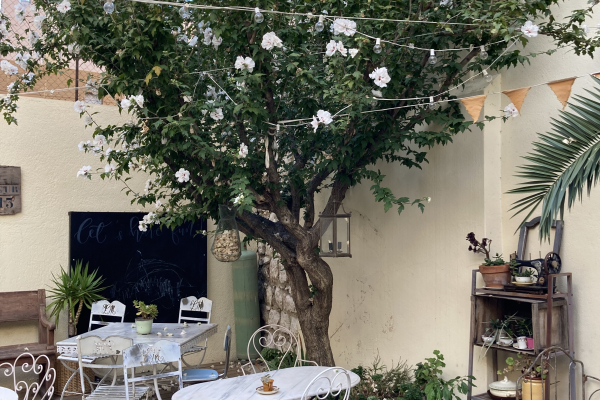




 Hero_1721199054_600x400.jpg)




 _1721199057_600x400.jpg)

















.png)



